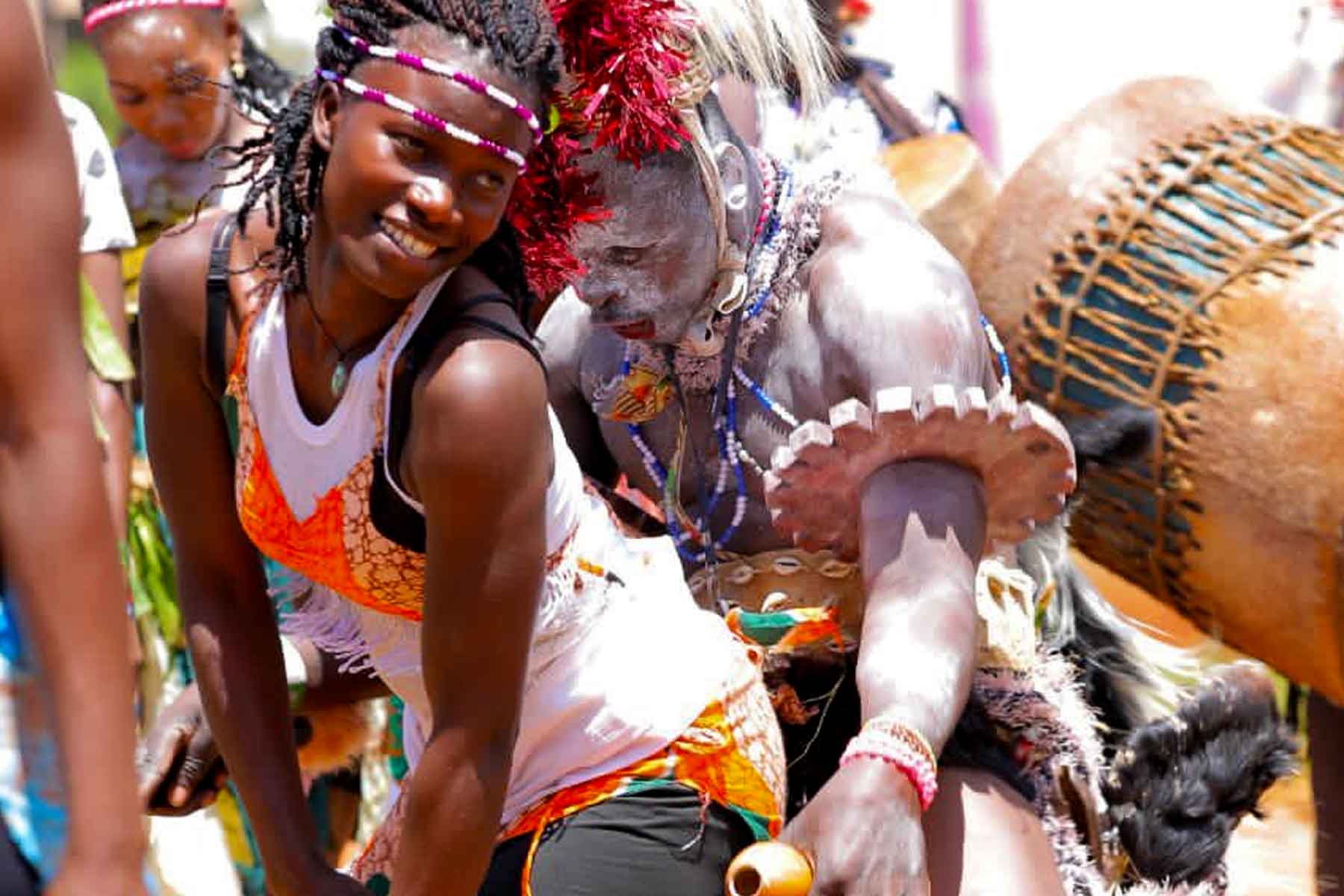
The Bagishu cultural circumcision ceremony, known as Imbalu, traditionally takes place every even year in the months of August and December. These months are considered to be the peak of the circumcision season for the Bagishu people in eastern Uganda. However, it’s important to note that specific dates can vary from year to year and may be subject to change depending on various factors, including community decisions and cultural considerations.
To ensure accurate information about the timing of the Bagishu circumcision ceremony, it is recommended to consult with local authorities, cultural organizations, or One More Adventure Safaris who specialize in cultural experiences in the region. They will have the most up-to-date information regarding the schedule and can provide guidance on how to witness or participate in the ceremony respectfully and appropriately.
The Kadodi Imbalu Cultural Retreat offers a fascinating opportunity to learn more about the Bagishu circumcision culture in Uganda. The Bagishu people, also known as the Bamasaba, have a rich cultural heritage, and their circumcision ritual holds great significance within their community.
Here is an overview of what you might expect when exploring the Bagishu circumcision culture:
It’s important to note that cultural practices should be approached with respect and sensitivity. When participating in cultural retreats or experiences, it’s advisable to engage with reputable tour operators or cultural organizations who work closely with the local community. They can provide accurate and culturally sensitive information, ensuring an authentic and meaningful experience while respecting the privacy and traditions of the Bagishu people.
Once you start a trip planned by One More Adventure Safaris, you fall into the One More Adventure rhythm. No request is too small, neither complicated, we curate the entire trip with you, from start until when you meet your interest and budget at hand. Our rapport with the local guides and continuous assessment of your interests and needs demonstrated the diamond standard of all safari specialists. We are also available outside working hours when a couple of things needs to get done.
